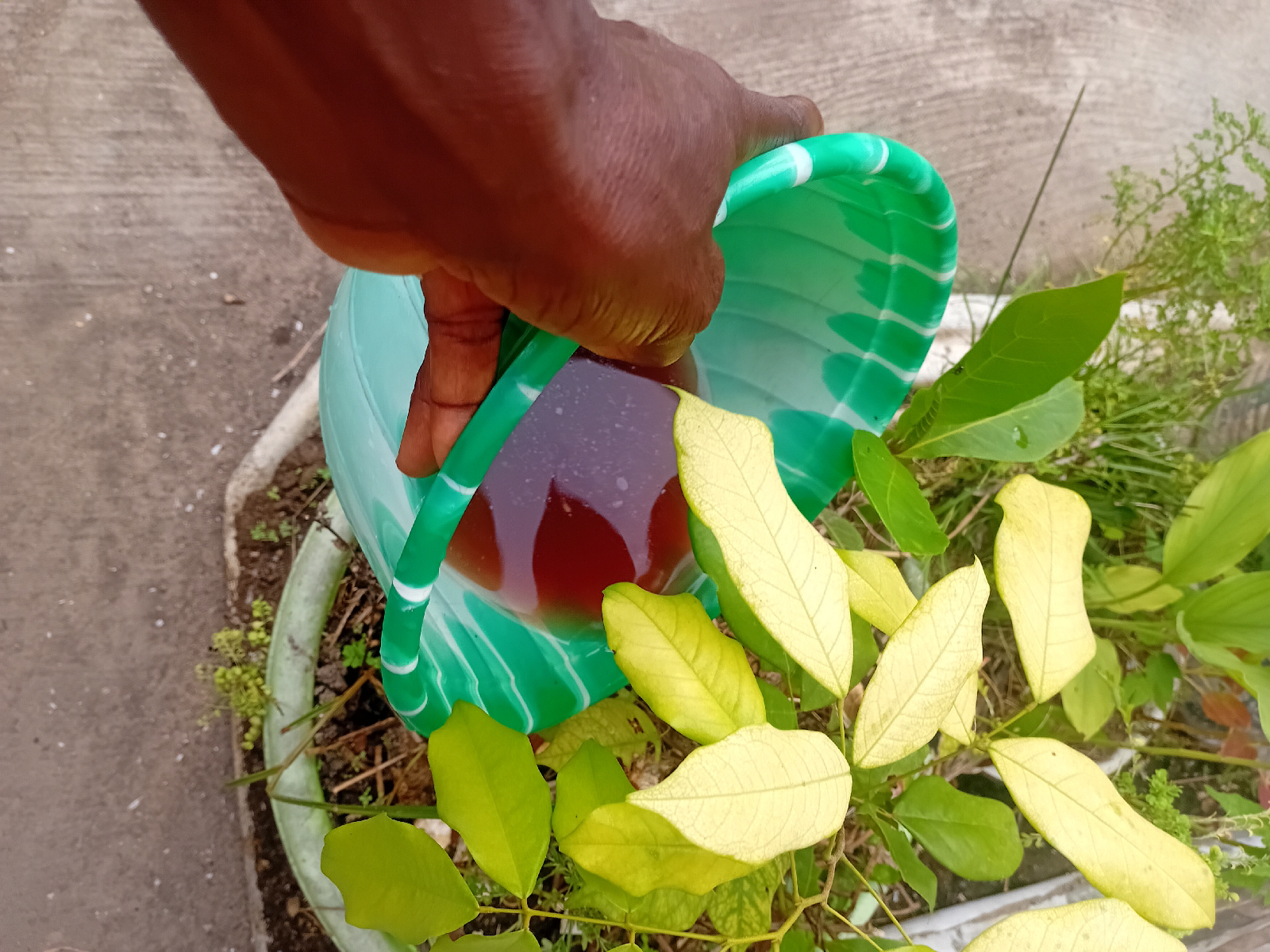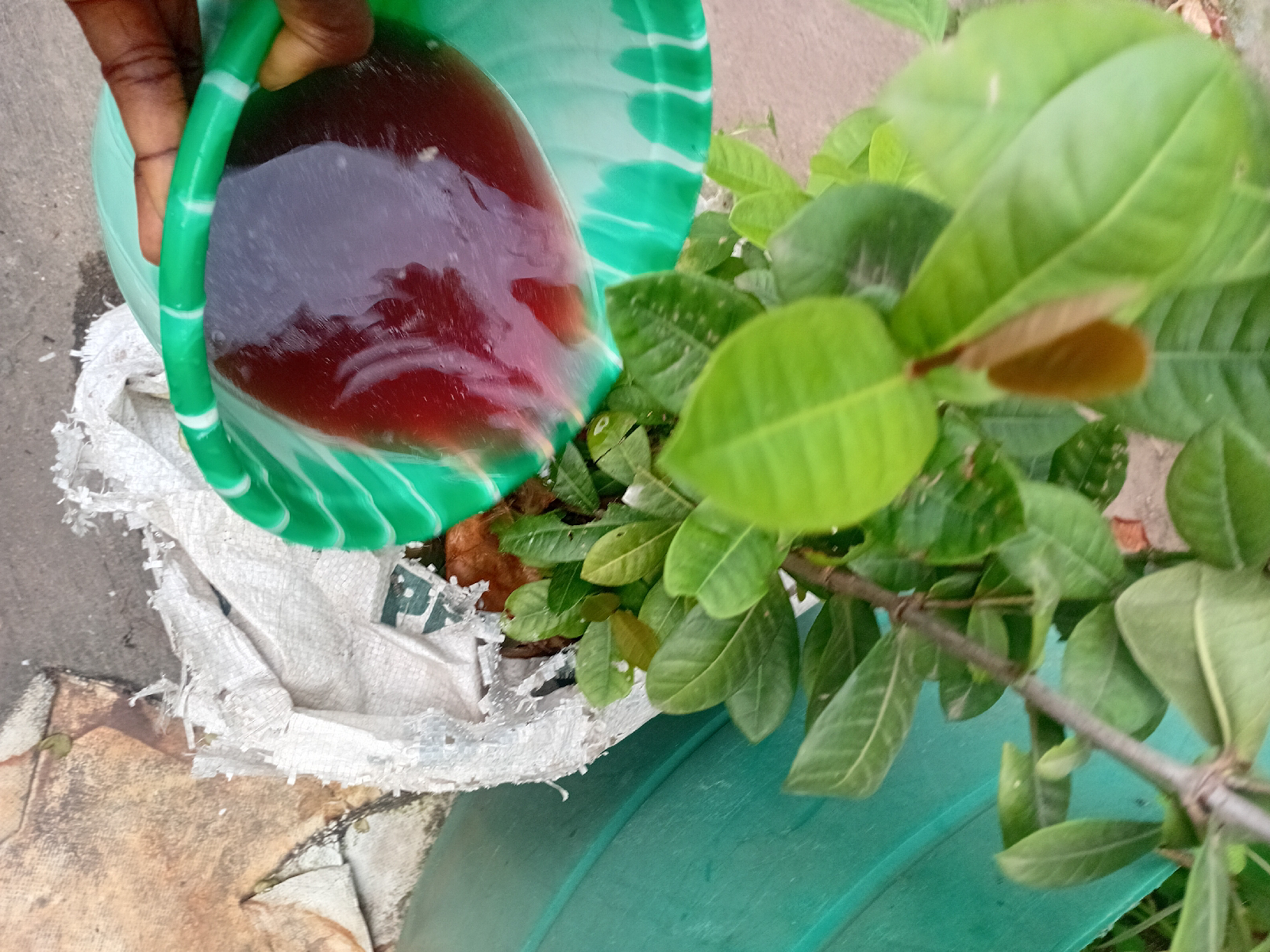Well, I don’t know how many people still observe or have ever observed not eating meat on Good Friday - in remembrance of the day our Lord Jesus Christ was crucified.
Though I don’t think eating or not eating meat on Good Friday affects one's faith as a Christian.
But today I am reminded to pen down something I have been observing - if you check up on some of my writings, you will know I have cause to believe that eating healthy can solve majority of the health challenges people have.
There is even biblical basis for this stance which are proven by scriptures – I’ll explore those some other times.
So let me share now one of my recent findings:
Most households eat fish from time to time or very often and trash all the wastes including the fish blood. Some time ago I discovered fish intestines if boiled a little can be fed to chickens and its such delicacy to them.
But like you all, I have been disposing the fish blood until recently - about two or so weeks ago, I started using fish blood to manure the soil of some of my garden crops growing in containers.
I noticed that some plant leaves previously turning yellowish turned back to green especially scent leaves (basil) and chilli pepper plant.
After observing a few times, as usual I did more findings by reading up on it. Nothing is really new.
According to Research Gate online, ‘Fish waste can be a good source of manure and fertilizers. Crops chiefly require nitrogen, phosphorous, and potassium for growth as essential nutrient elements which can be mainly drawn from fish wastes.’
Walter Libi on Quora, a blogger who lives in Australia says, ‘There is so much goodness in the fish waste it makes most of the plants to shoot up and sing with joy ( If they could sing, that is). Libi noted that though not all plants will respond to it well as some plants prefer more than normal acidity (I will write on this later).
Libi further said, ‘basically, for what we grow in our home gardens, fish blood is good for it’.
He then explained that some commercial farmers already use it as well, as he had seen such in Bulgaria and Romania.
‘With fish waste, or fishmeal which is made out of dried and shredded fish, the soil is enriched with minerals and elements which the plants need. It is the same with blood and bone fertilisers...’ he added.
Smith Garden Centre, UK, explains online that ‘If the focus in your garden is to use organic methods, you can begin to sprinkle Blood, Fish & Bone on top of your soil once the weather begins to warm up. Blood, Fish & Bone contains a lot of nitrogen and phosphate.'
Another blog, Quick Crop, UK says, ‘the ratio of NPK in Fish, Blood & Bone is 3-9-3 with a high phosphorous for root development. This is an ideal fertilizer for use when planting seedlings or bare root fruit plants. Fish, Blood & Bone can be applied prior to sowing or planting and as required throughout the growing season.’






No comments:
Post a Comment